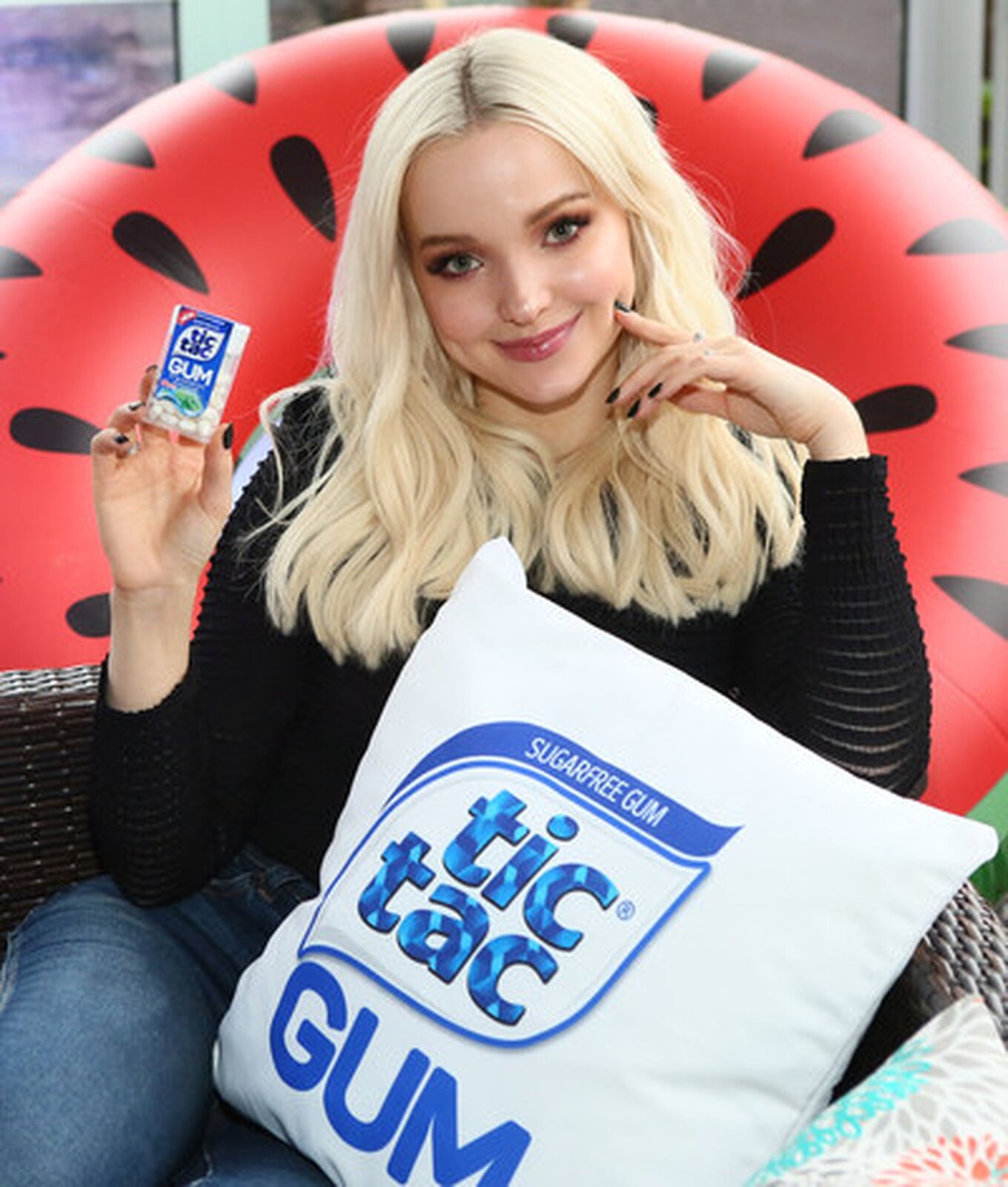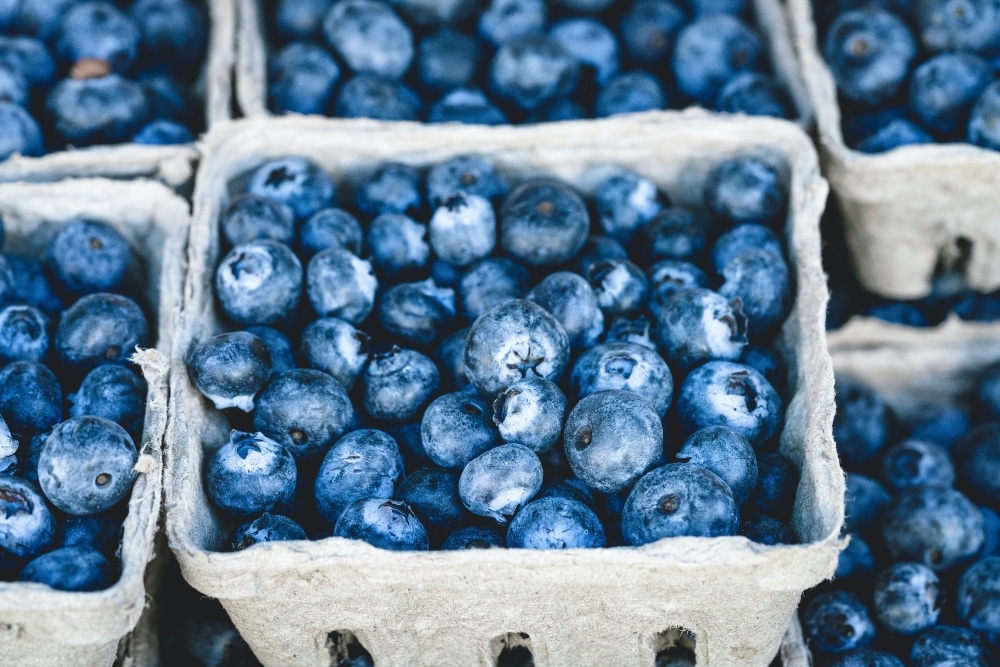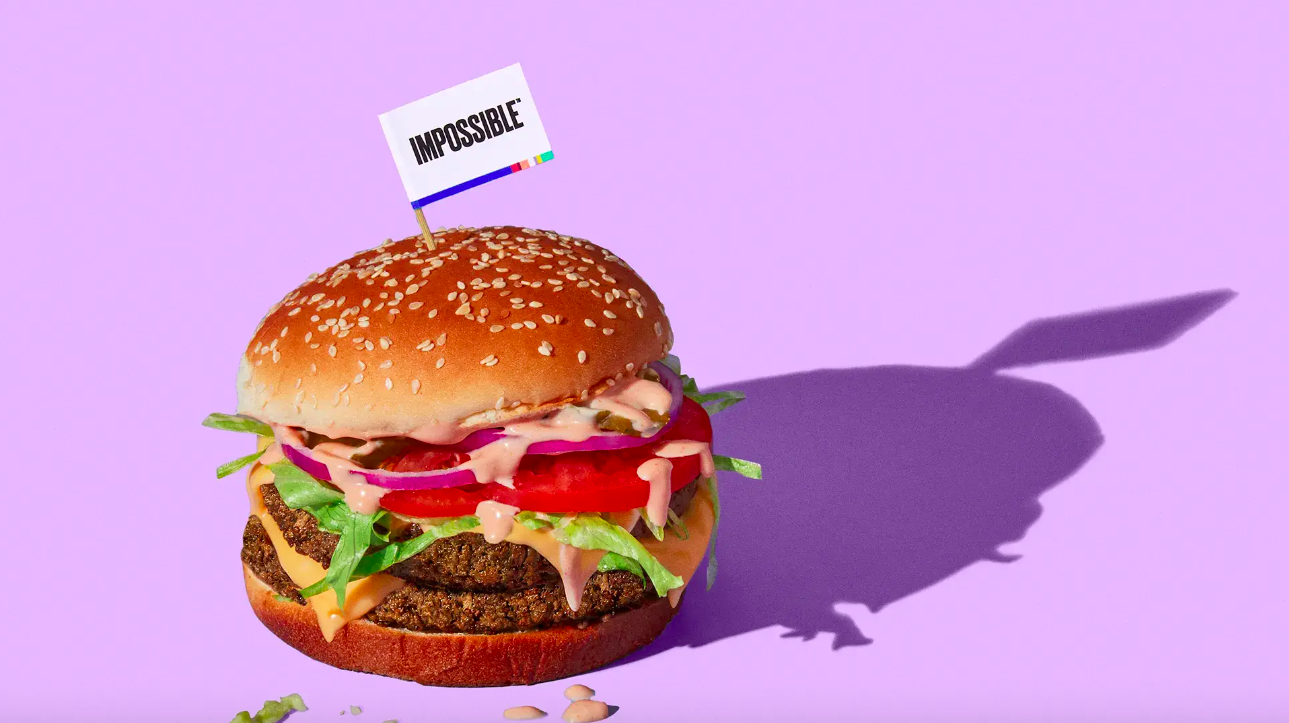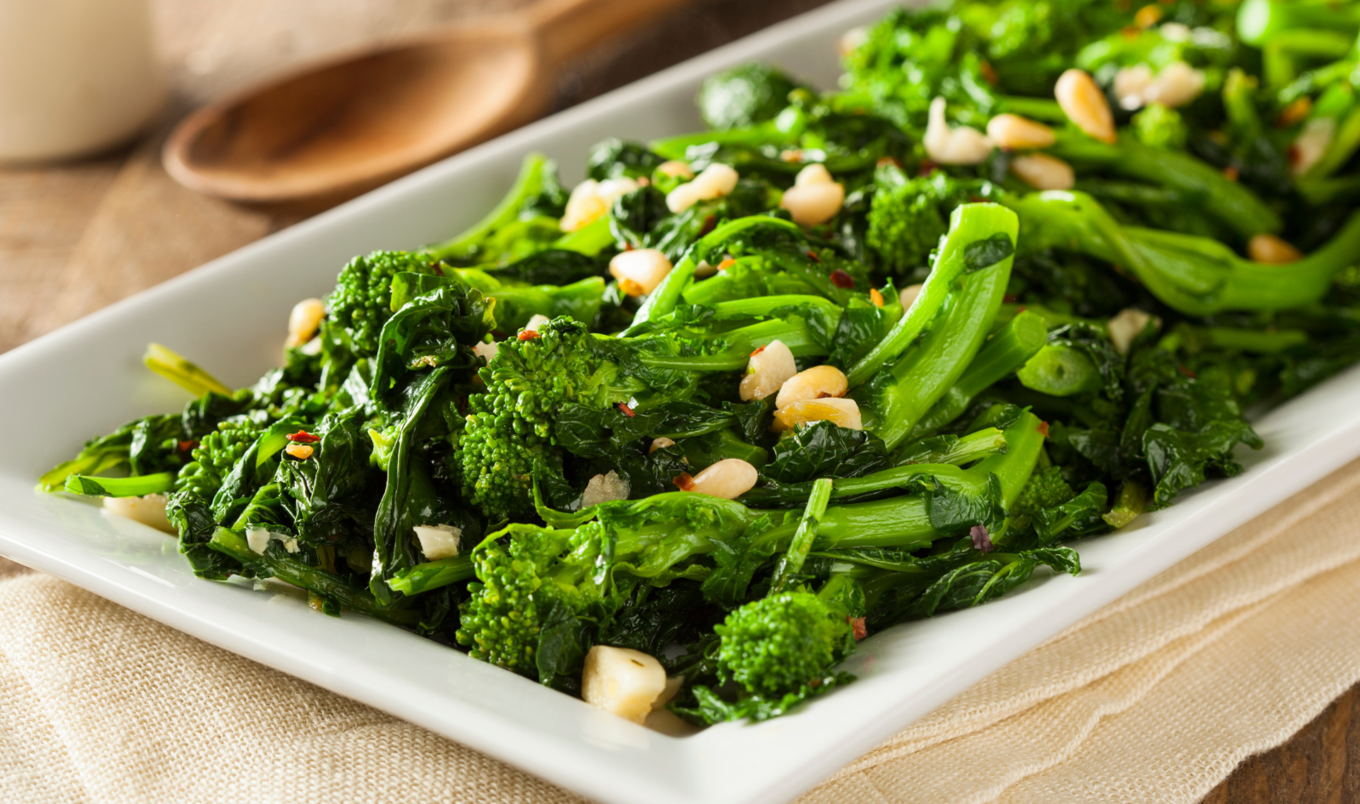There is no way to, ahem, sugarcoat it: consuming too much added sugar is detrimental to our health. It’s one of the leading risk factors for heart disease, the top cause of death globally. In the US alone, heart disease accounts for around 800,000 deaths annually. The issue is that added sugar is ubiquitous in many foods, including soft drinks, flavored yogurts, cereals, processed foods, and the obvious culprits like candy, cookies, and cakes. In response, food companies have sought ways to reduce added sugar, one of which is by using sweeteners such as xylitol.
Nowadays, xylitol is found in a plethora of products on store shelves. It’s used in some baked goods and peanut butter, as well as in oral care products, breath mints, and chewing gum. Many of these products are endorsed by celebrities: Dove Cameron, for instance, has previously partnered with Tic Tac gum, which contains xylitol; Kendall Jenner’s Moon oral care line and Lenny Kravitz’s Twice oral health line also feature this sweetener.
While research suggests that xylitol has some health benefits, a recent study raises concerns that this sweetener might have similar effects on the body as the sugar it replaces, potentially increasing the risk of heart disease. So, what’s the better choice: xylitol or added sugar? It might be neither—find out more below.
 PRNewsfoto/Tic Tac
PRNewsfoto/Tic Tac
Table of Contents
Is xylitol good or bad for you?
As with most things, the answer to this question isn’t black or white. The truth is, according to modern research, xylitol—a low-calorie natural sugar alcohol commonly used as a sweetener—has benefits and potential drawbacks.
For example, it’s often used in oral care products because, research suggests, it can reduce the risk of cavities by inhibiting the growth of bacteria in the mouth. It’s worth noting that poor dental health is also linked to a higher risk of heart disease, as well as other metabolic diseases, like diabetes. Xylitol also has a lower glycemic index than sugar, which is beneficial for those who already have diabetes and need to manage their blood sugar levels carefully.
However, new studies have also raised concerns about xylitol and its safety. Earlier this year, one study led by the Cleveland Clinic linked high consumption of the sweetener with increased risk of cardiovascular events. The study examined 3,000 patients for three years and found that those with the highest amount of xylitol in their plasma were more likely to experience a cardiovascular event, like a heart attack or a stroke.
“It does not mean throw out your toothpaste if it has xylitol in it, but we should be aware that consumption of a product containing high levels could increase the risk of blood clot-related event.” —Stanley Hazen, MD, PhD
The same team found a link between cardiovascular risk and another sweetener called erythritol—a sugar alcohol, also used in food products like baked goods, chewing gum, and candy—last year.
“This study again shows the immediate need for investigating sugar alcohols and artificial sweeteners, especially as they continue to be recommended in combatting conditions like obesity or diabetes,” said Stanley Hazen, MD, PhD, the chair of Cardiovascular and Metabolic Sciences at Cleveland Clinic’s Lerner Research Institute, in a statement.
What is the healthiest food sweetener?
You might now be thinking: if added sugar is bad for our health, and sweeteners might be bad for our health, too, what hope is there left for sweet foods? The answer, as it so often is when it comes to our health, is to choose whole foods.
Indulging in foods with added sugar or sweeteners now and again is “understandable,” notes the Cleveland Clinic in a separate article. “Added sugars are pervasive in our food supply, and a life of over-restriction and denial isn’t sustainable or realistic for a lot of people,” it continues. But where possible, it’s best to choose natural sources of sugar, like fruits, for example.
 Pexels
Pexels
Fruits are not only rich in essential vitamins and minerals such as vitamin C, potassium, and folate, which are crucial for maintaining overall health, but they’re also a good source of dietary fiber, which supports digestive health. They also contain high amounts of antioxidants, which are plant compounds that help protect the body from oxidative stress and inflammation. This, in turn, reduces the risk of chronic diseases like heart disease and cancer.
Fruits are also sweet and delicious, which is perfect for those who love a sugary treat. Find some of our favorite summer fruits (and the best ways to eat them) here, if you’re on the hunt for fruit recipe inspiration.
Other good natural sources of sugar include maple syrup and agave nectar, however, it’s important to note that some of the commercial store-bought versions of these may also contain artificial sweeteners or high-fructose corn syrup. It’s also important not to go totally overboard on these, as they still contain high amounts of sugar. That said, they do have health benefits, too. Maple syrup, in particular, contains minerals like potassium and magnesium, and it also contains antioxidants, too.
There are many creative, tasty ways to enjoy sweet treats without turning to added sugar or sweeteners like xylitol. To find out more, check out these delicious desserts, like chocolate chip ice cream, peanut butter cookies, and chia pudding, all of which are made with mostly whole food ingredients.







.jpg?sha=1491c255b49d3e03)